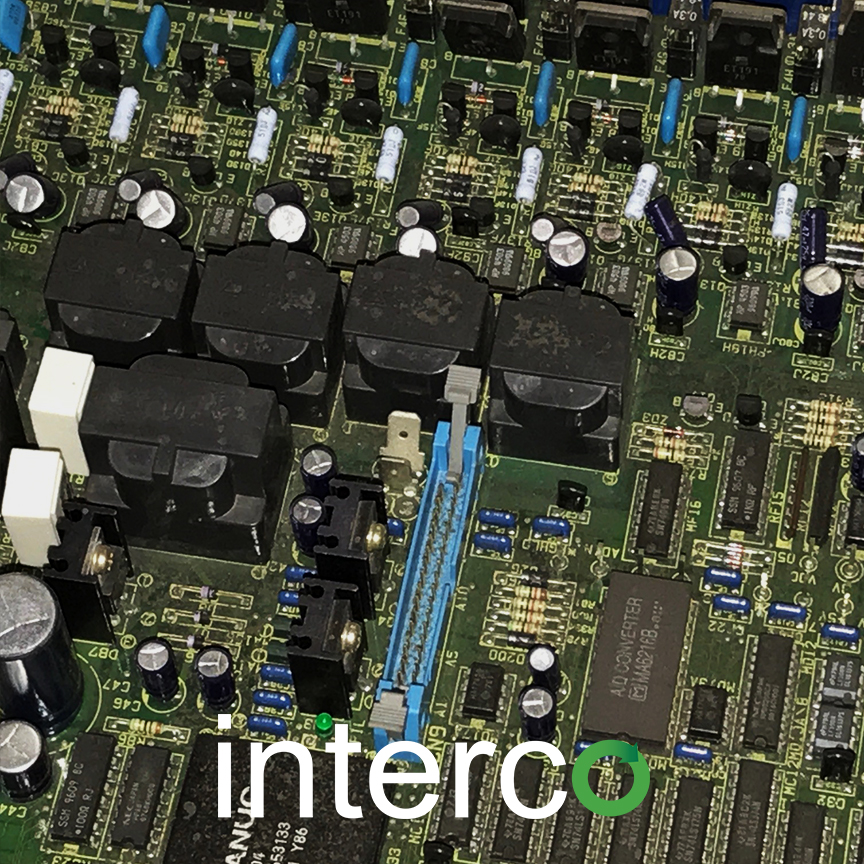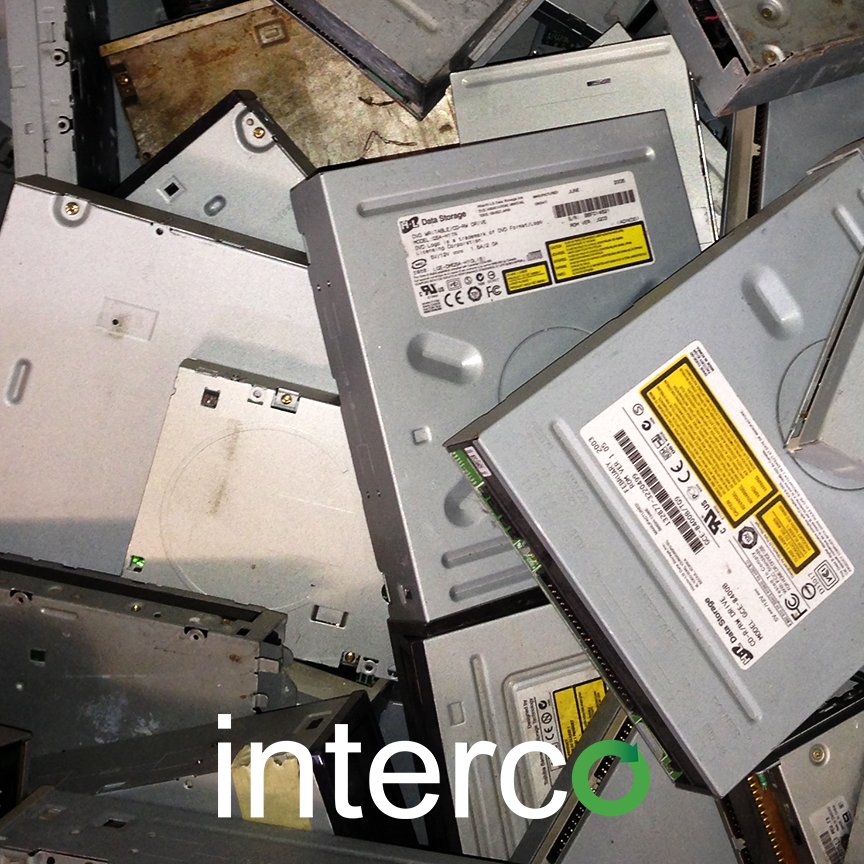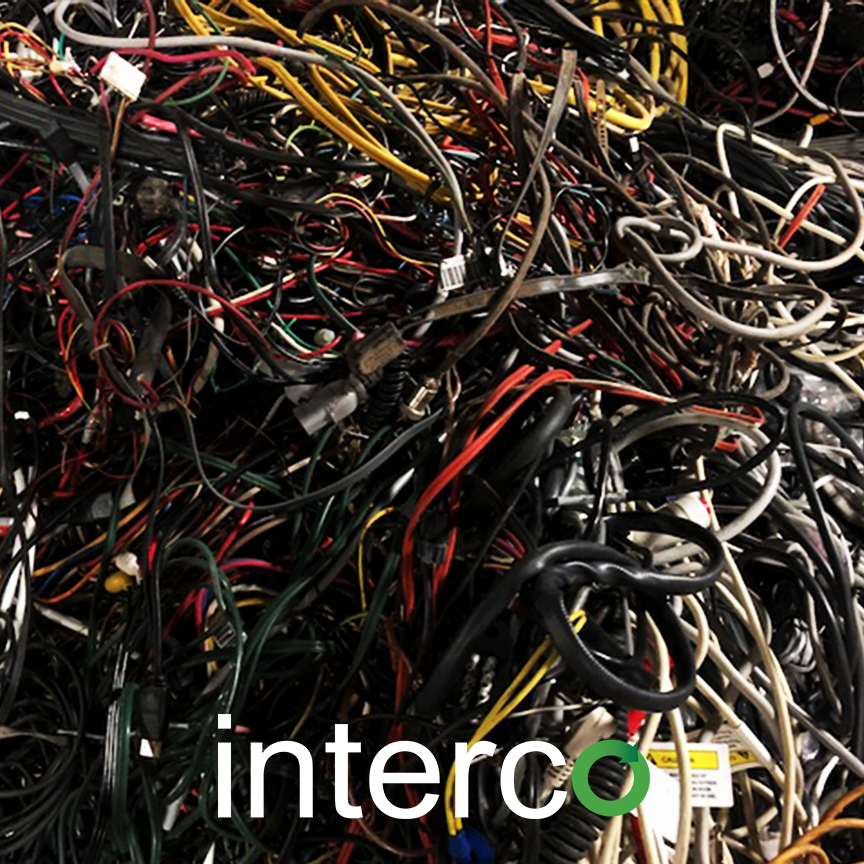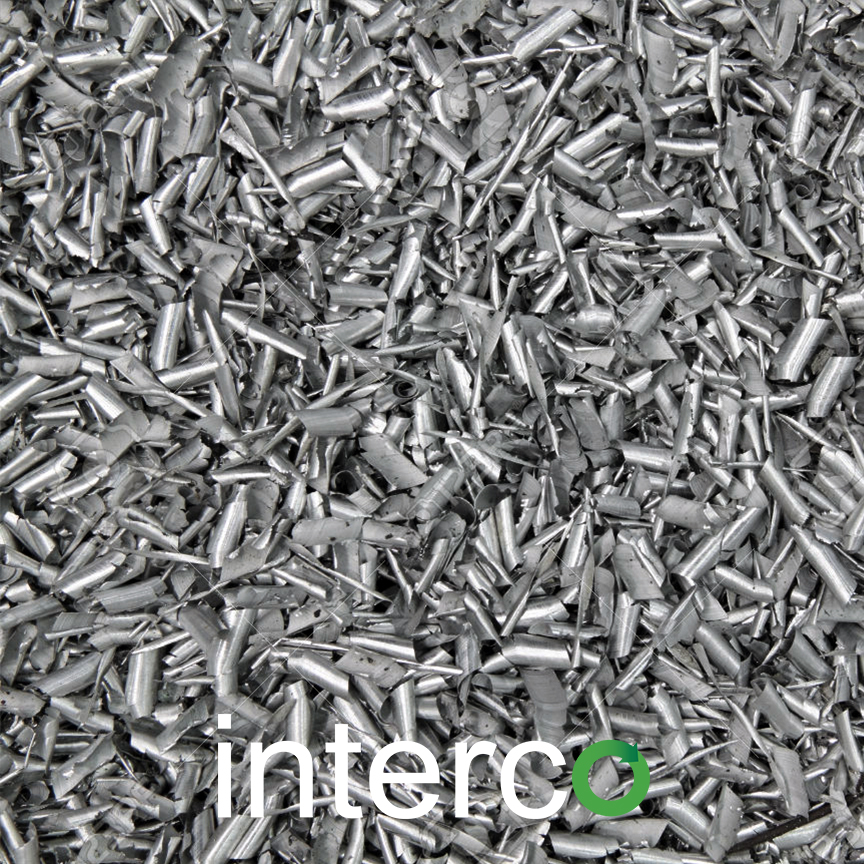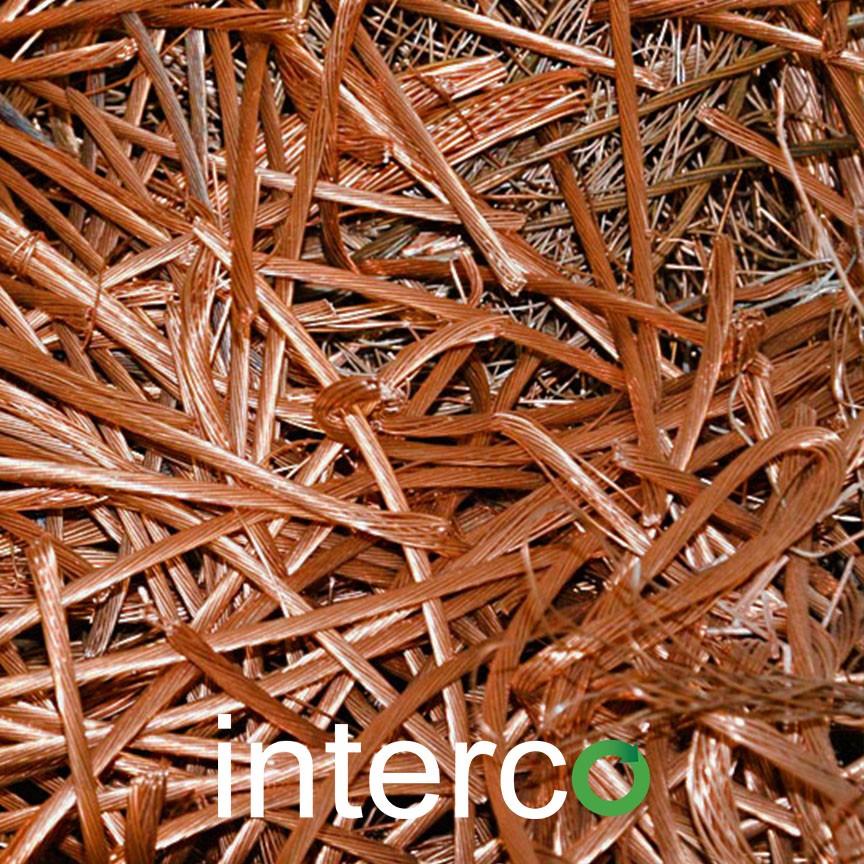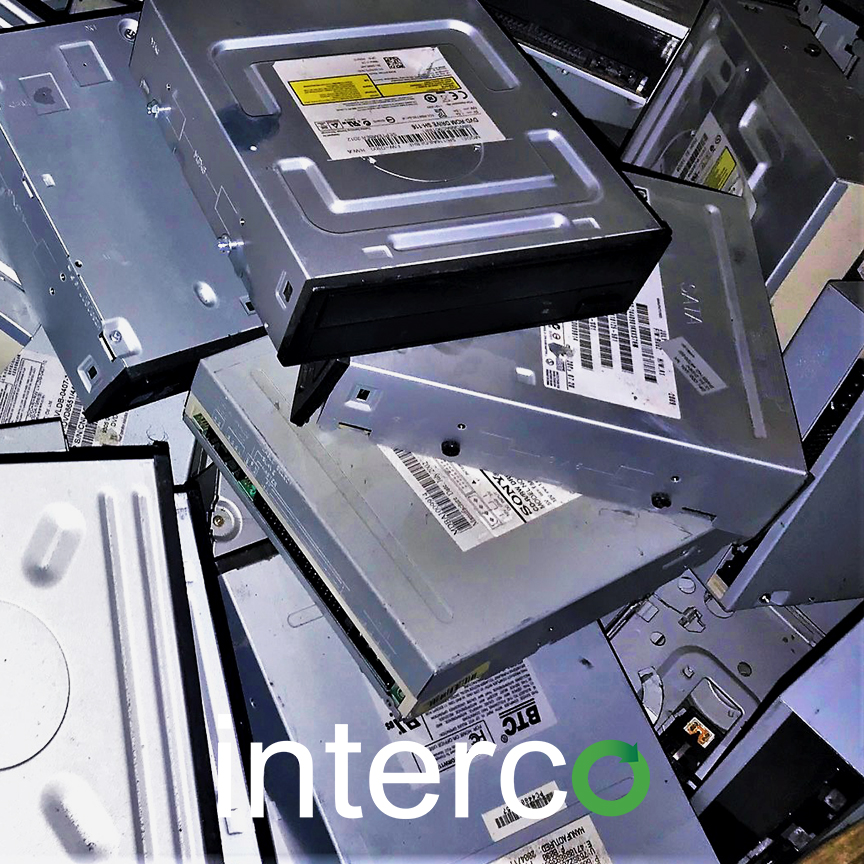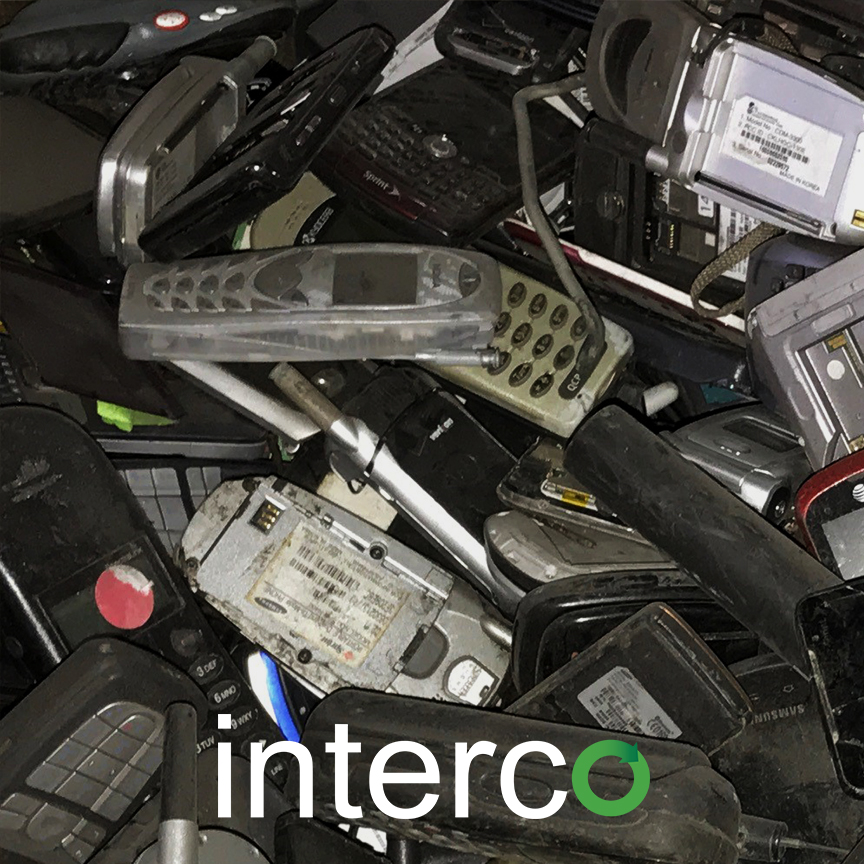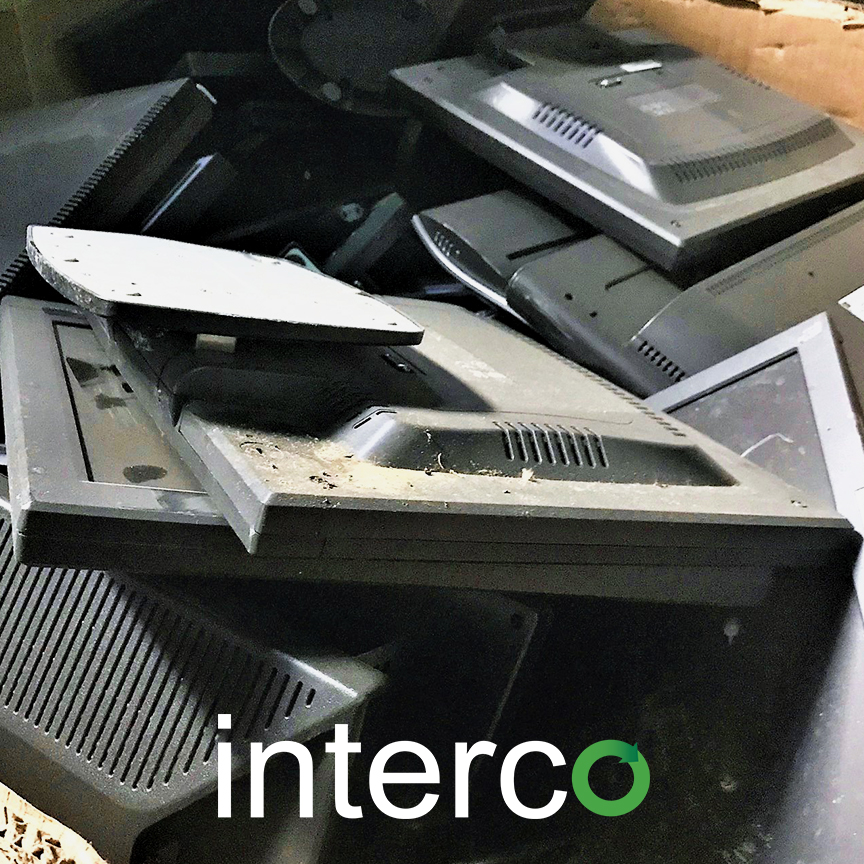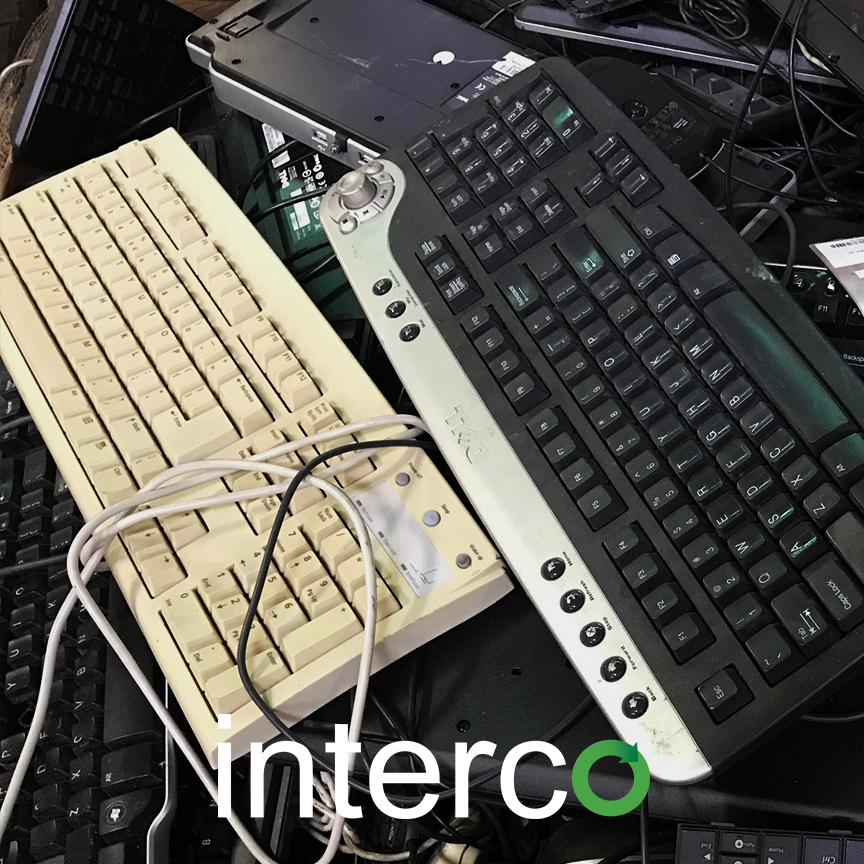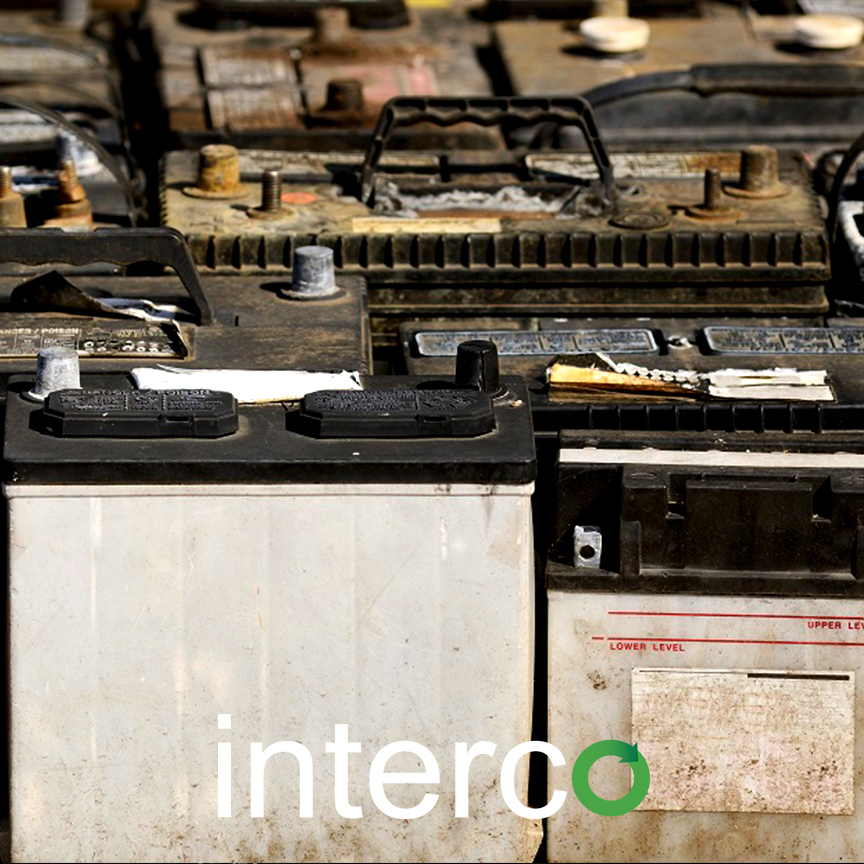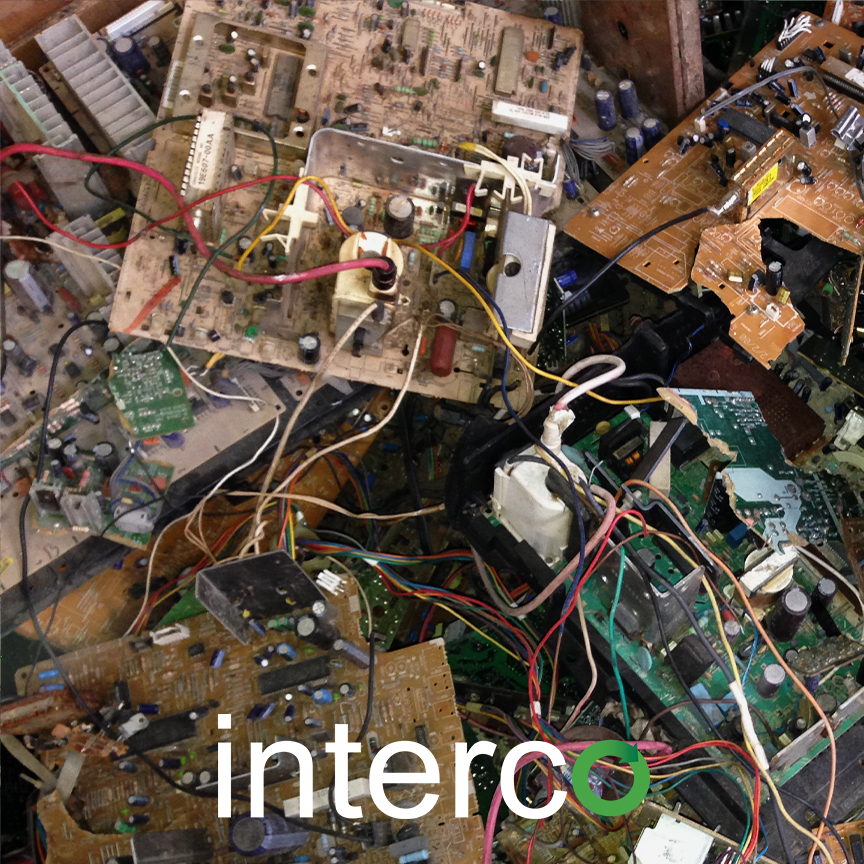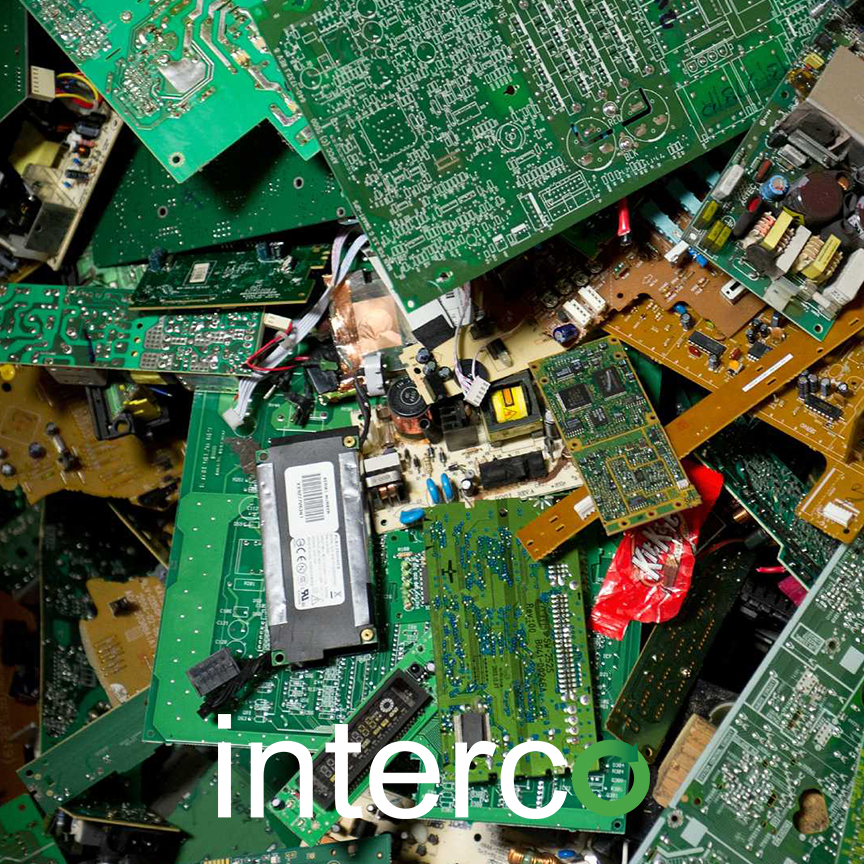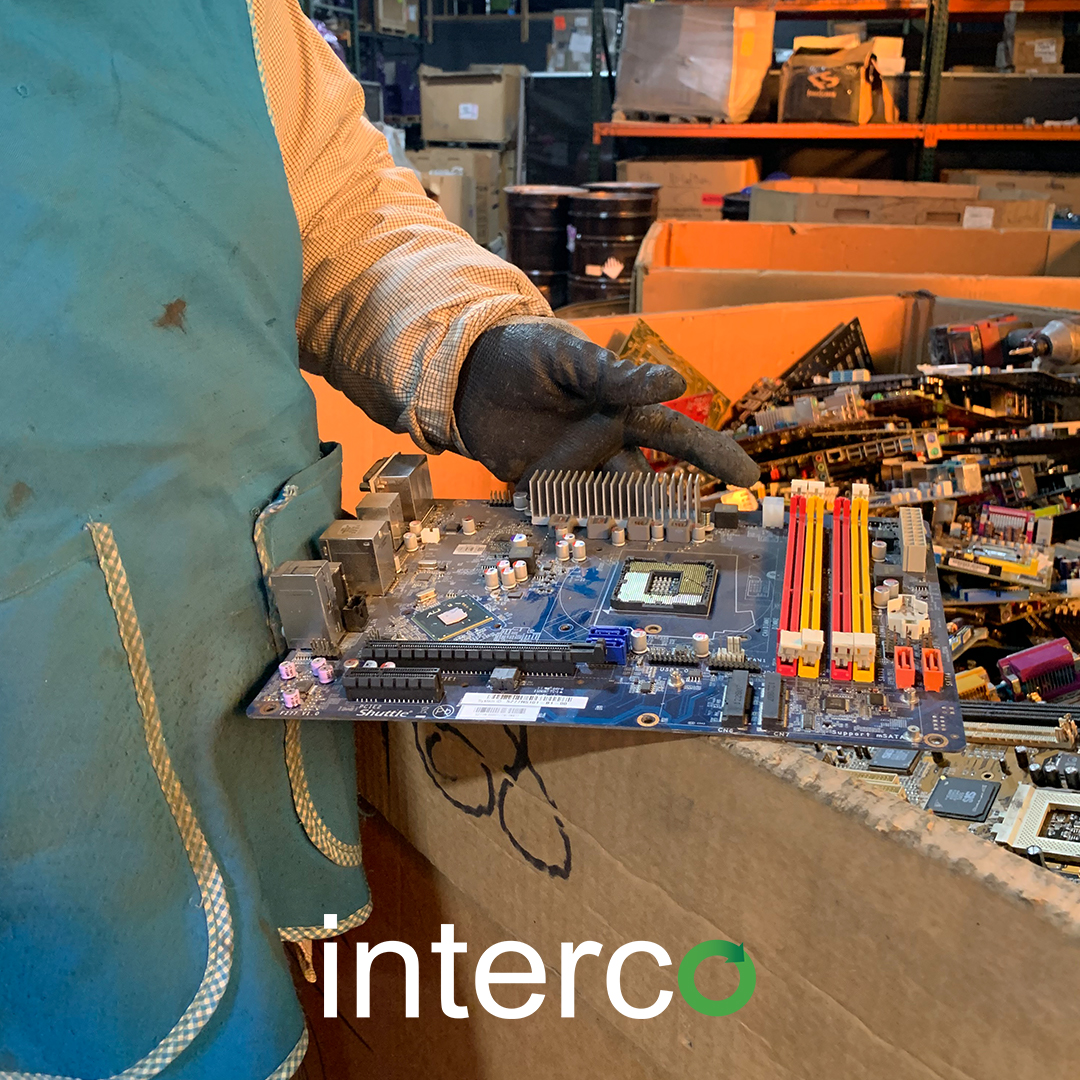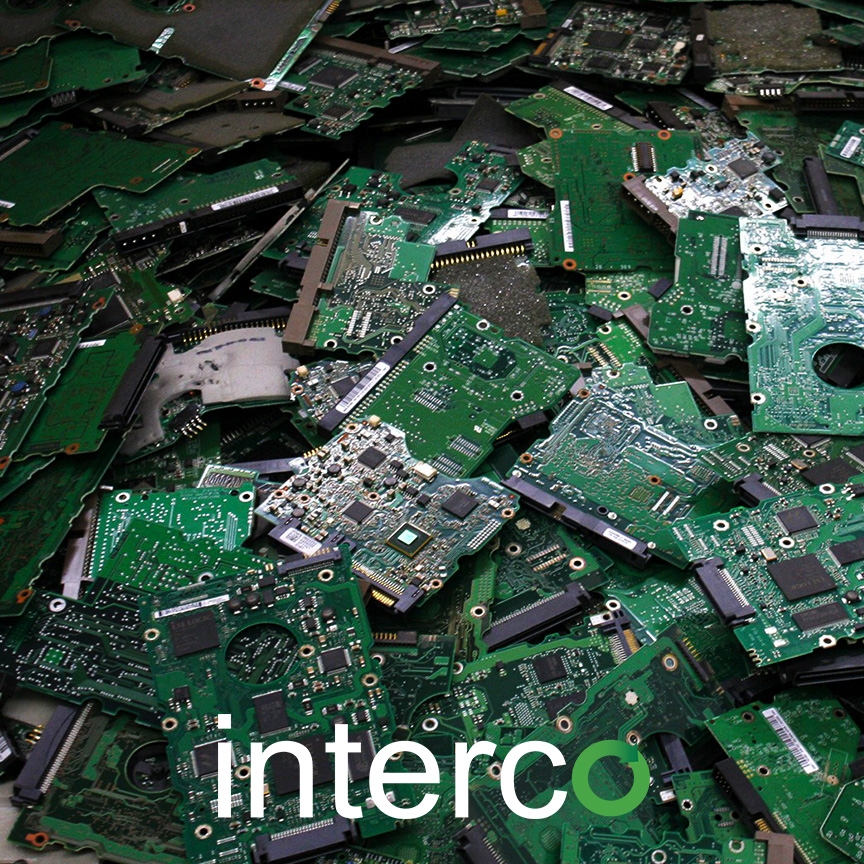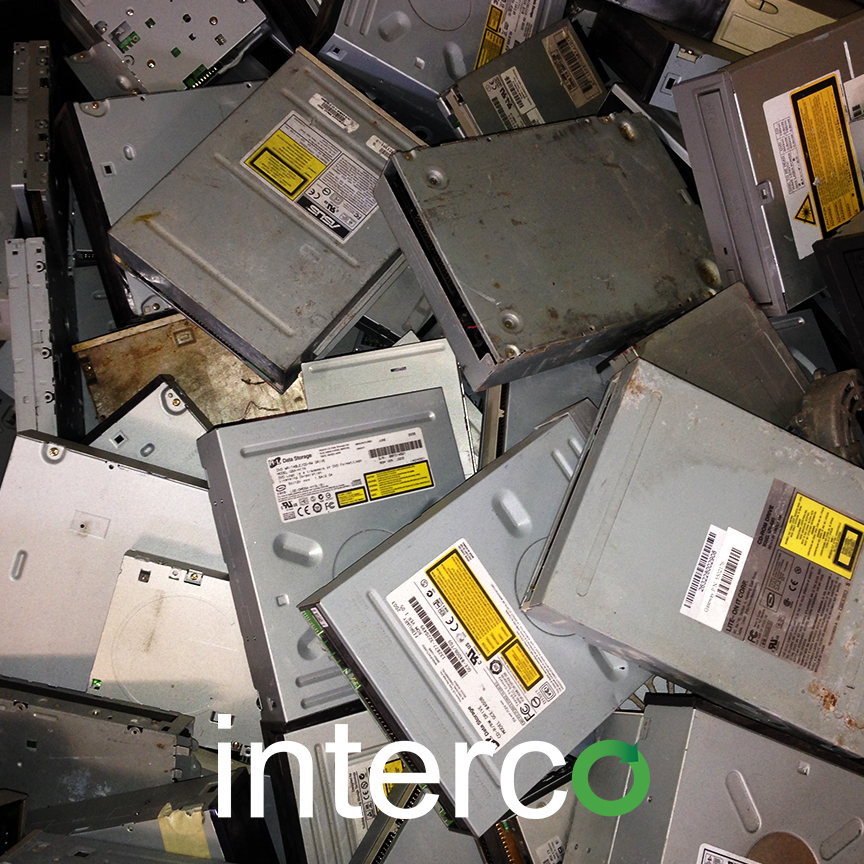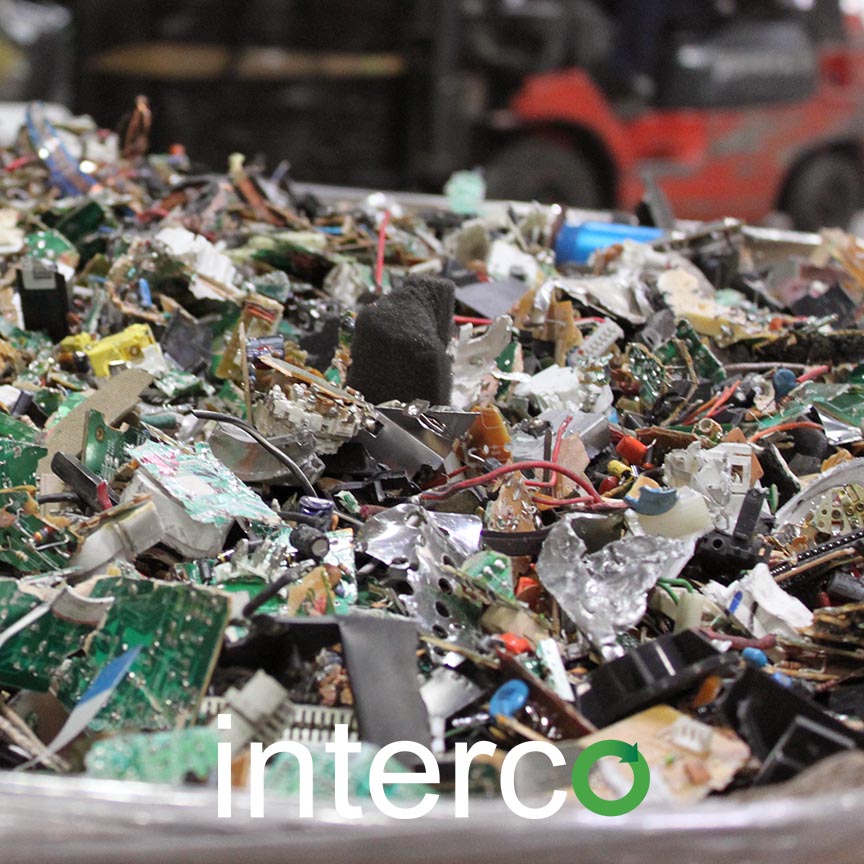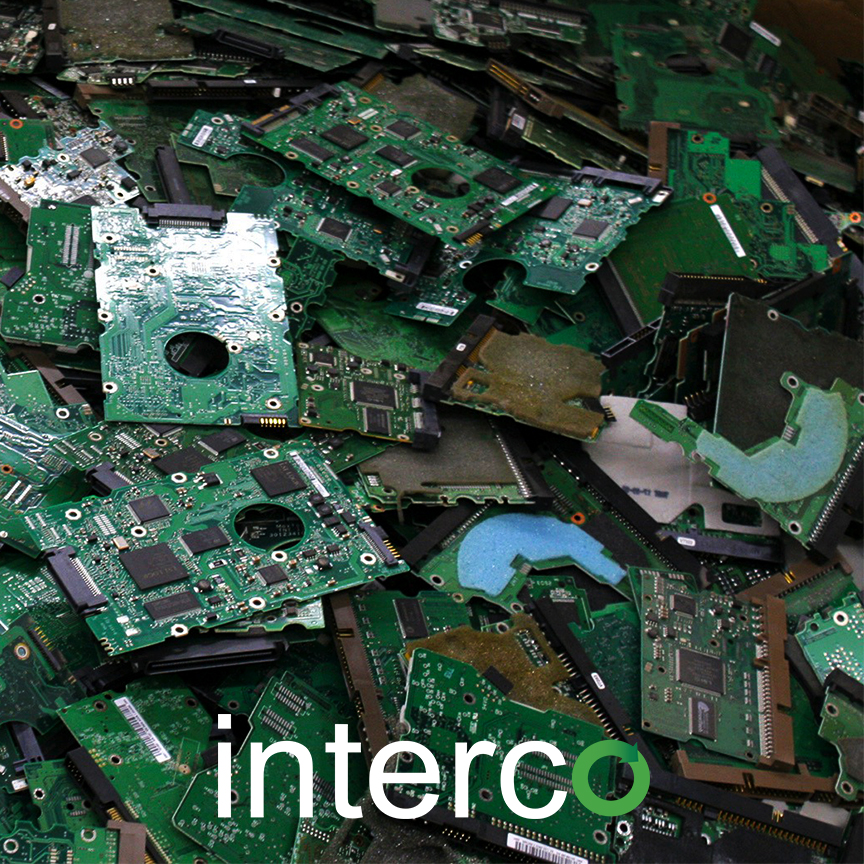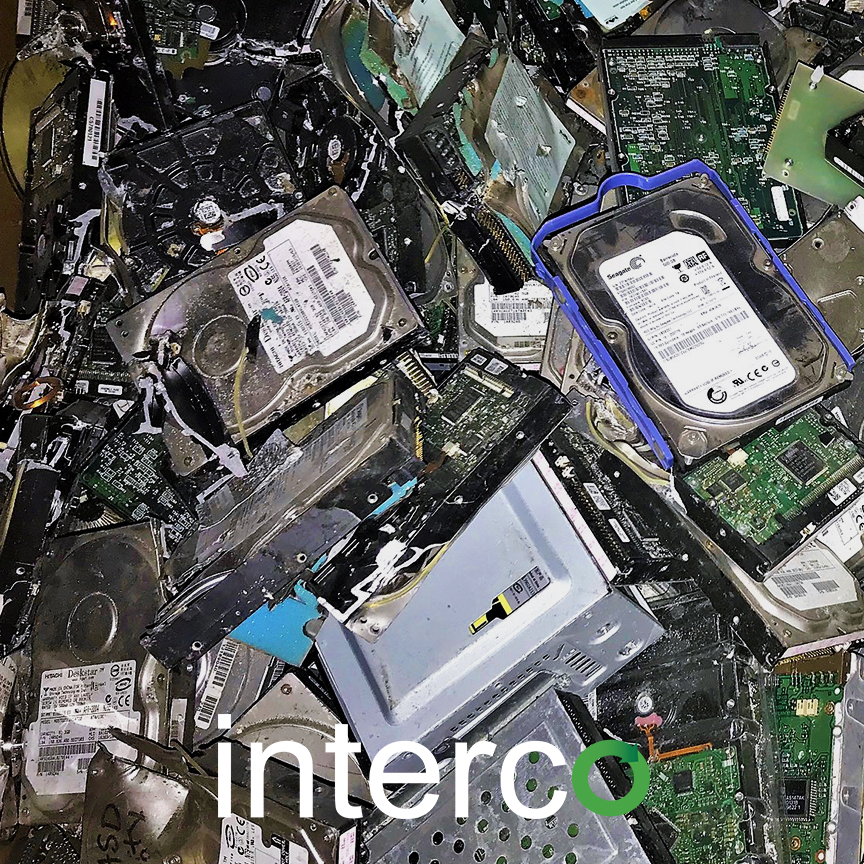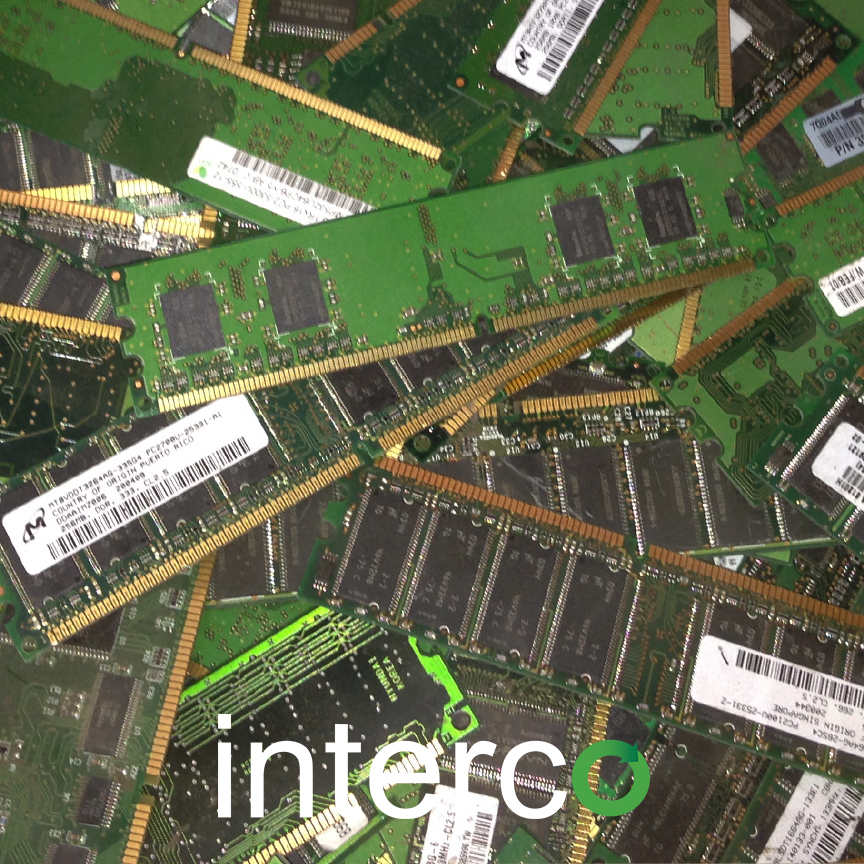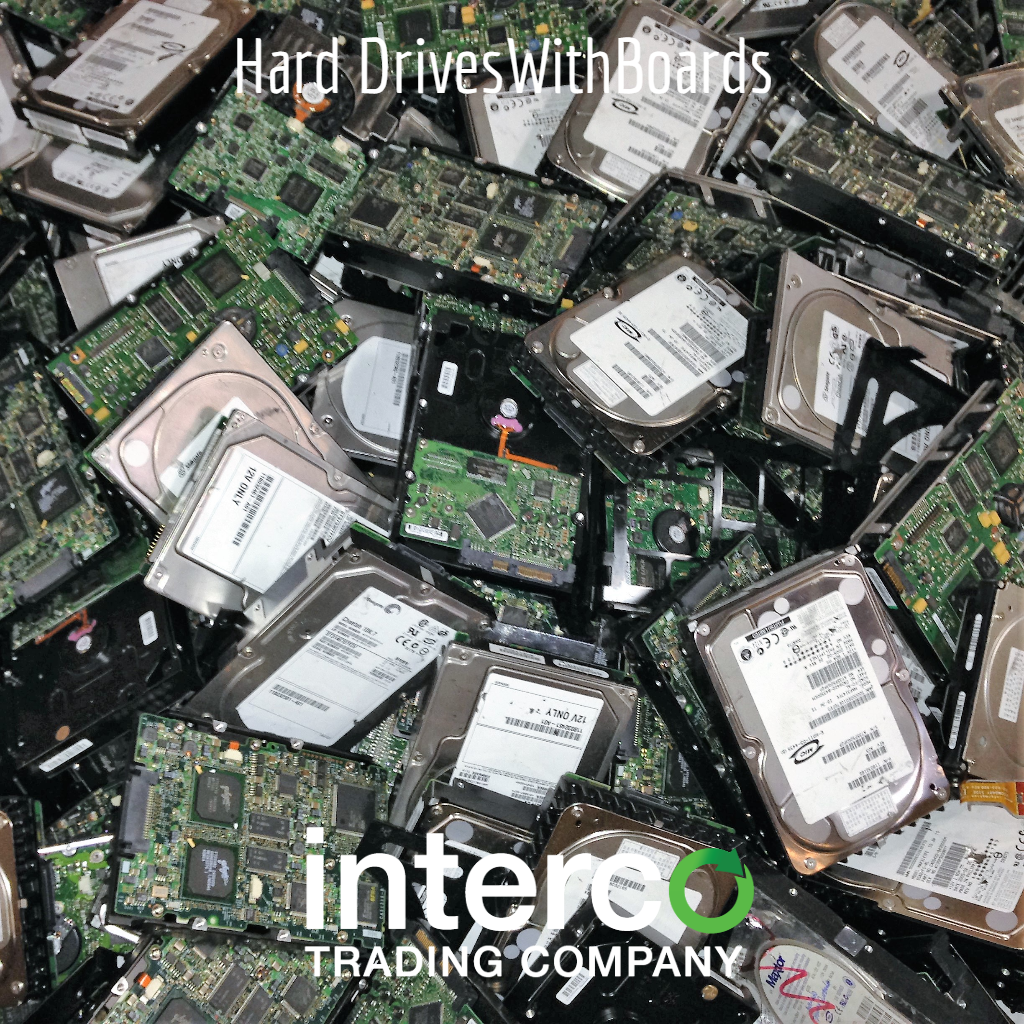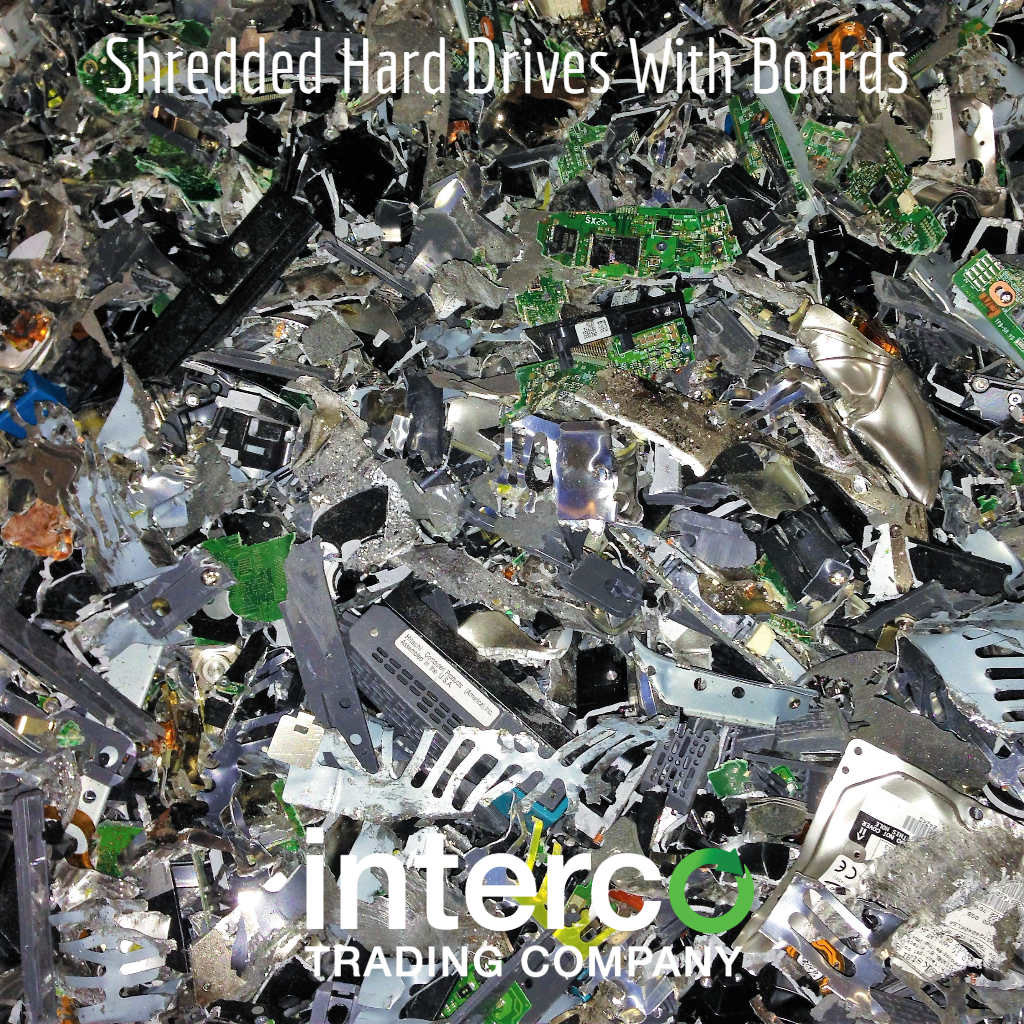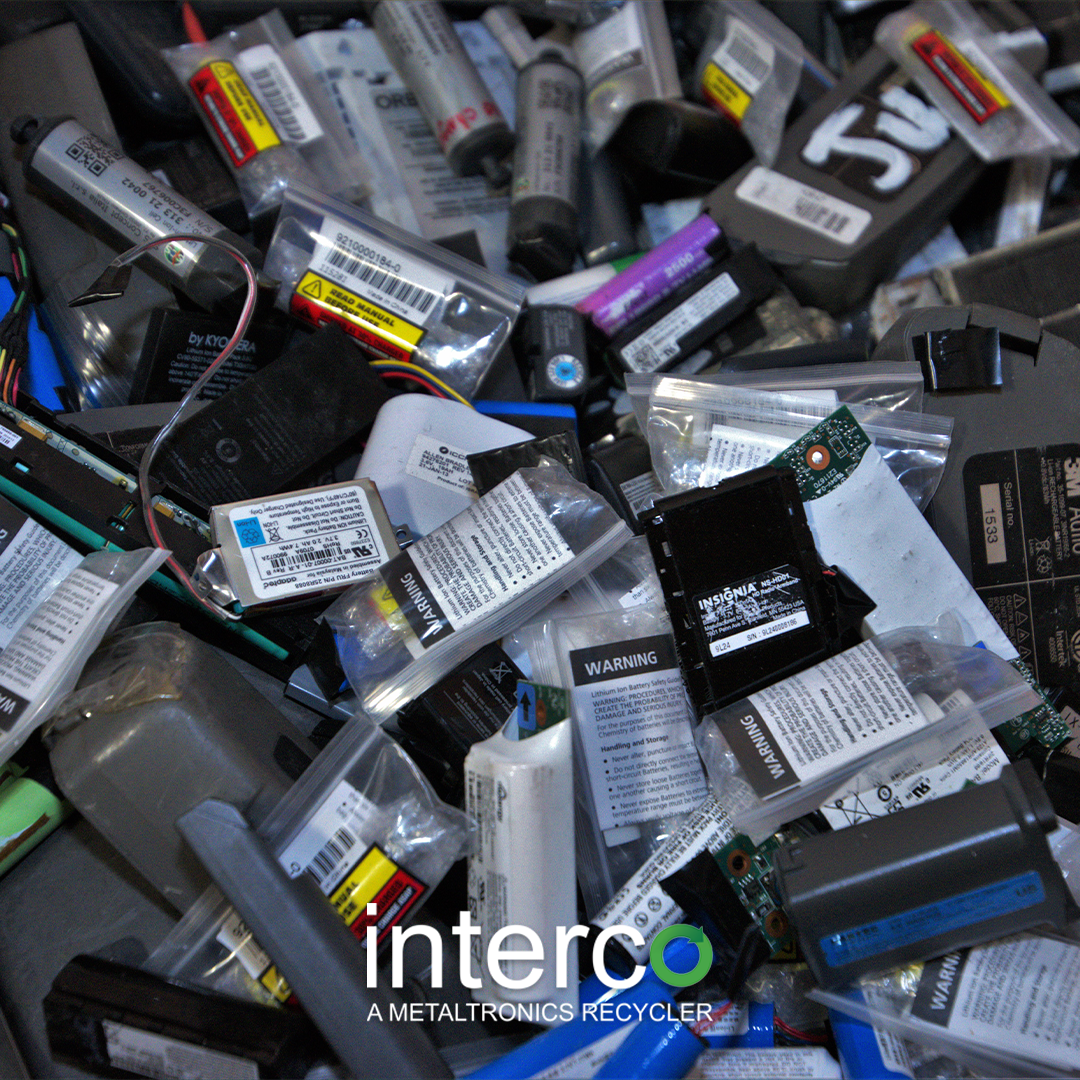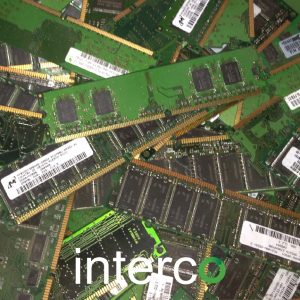
Businesses recycle laptop computers because it is responsible to do as such. Currently, the large amount of technology makes it essential for businesses to swap out older computers on an even more frequent premise than before. Advancements in technology happen persistently which makes laptop recycling in Alabama essential. Being aware of the altering times and changing technology turns into an essential practice for businesses.
The consistent changes in technology create a significant amount of e-waste. The stockpile of old computers and peripherals continues to grow. Likewise, the need to dependably dispose of these electronics grows too.
As indicated by a study by the United Nations, the worldwide system amassed about 44.7 million tons of scrap computer systems and electronics e-waste in 2016. Unfortunately, customers and companies recycled only 20% of it. In that same calendar year Interco recycled more than 25,000 tons of computers and electronics.
As a result of the high amount of e-waste, laptop recycling in Alabama turns into a more necessary practice. Rather than landfilling e-waste, responsible companies must consider its lasting effect on the environment. Interco helps stop large businesses from adding to e-waste and can help them recycle laptop computers.
How to Recycle Laptop Computers
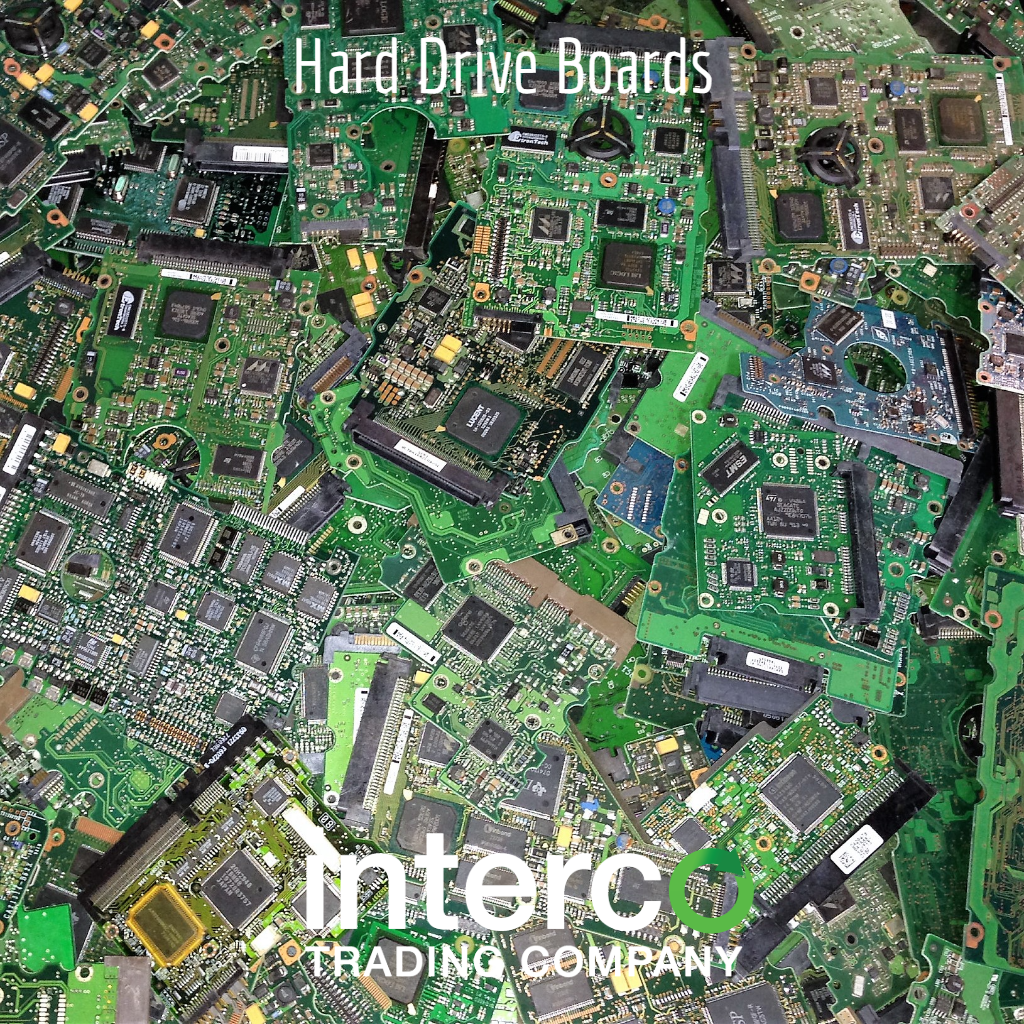
The process for laptop recycling in Alabama begins when Interco purchases e-scrap from businesses. These are the steps utilized to recycle laptops:
- Use tools to dispose of glass, plastics, and other contaminants
- Remove batteries, circuits, and wiring
- Extract nonferrous metals
- Prepare to sell precious metals
- Cautiously dispose of contaminants
Moreover,the need for companies to recycle laptops develops consistently. The components inside computers and monitors may cause several problems to the environment if not disposed of properly. Despite essentially landfilling the e-waste, there may be troubles in the process of laptop recycling in Alabama. Recyclers melt away the clear plastic material covering off metal cables.
This process enables recyclers to disengage the copper inside from the plastic. Separating the more valuable industrial metals from the cheap plastic makes better sense. This process allows smelters to employ the separated metal in order to form new pure ingots.
Therefore, the discarding of the residual plastic waste must be done in a smart and safe manner. If not, it will cause toxic elements to enter the soil and water in the area. Interco is a certified R2v3 recycler. The high R2 standard guarantees that recyclers take the time to dispose of e-scrap in a safe, environmentally friendly way.
Why Recycle Laptop Computers
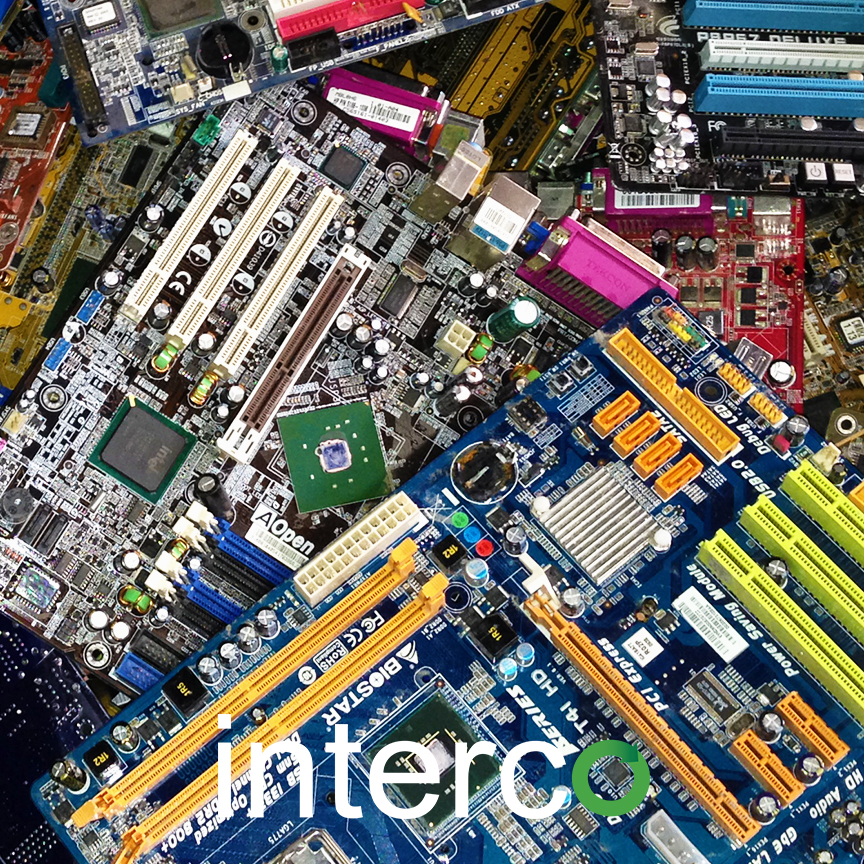
The benefits of laptop recycling in Alabama go beyond preventing harmful materials from entering the environment. Extra benefits of recycling laptops include:
- Improved overall health of the environment
- Creation of more job opportunities
- Reduction of required landfill space
- Conservation of several raw materials
In particular, safely discarding e-waste guarantees the conservation of raw materials. Precious and industrial metals pulled from laptops include gold, silver, and copper. According to Federico Magalini, an expert, up to 80 times as much gold exists in one ton of cellphones as exists in a single gold mine. Interco will consistently recycle laptops to stop the development of worldwide e-waste.
Conclusion
All in all, businesses must recycle laptops.E-waste proves to be a significant issue for the worldwide environment. With such a large amount of e-waste and a small percentage of it being recycled,responsible businesses must locate the correct e-waste recycler. Interco has been recycling computers and electronics since 1996 and has become one of the leading recyclers of laptop computers in North America. Click here for more information on recycling computers, electronics, and other nonferrous material.
